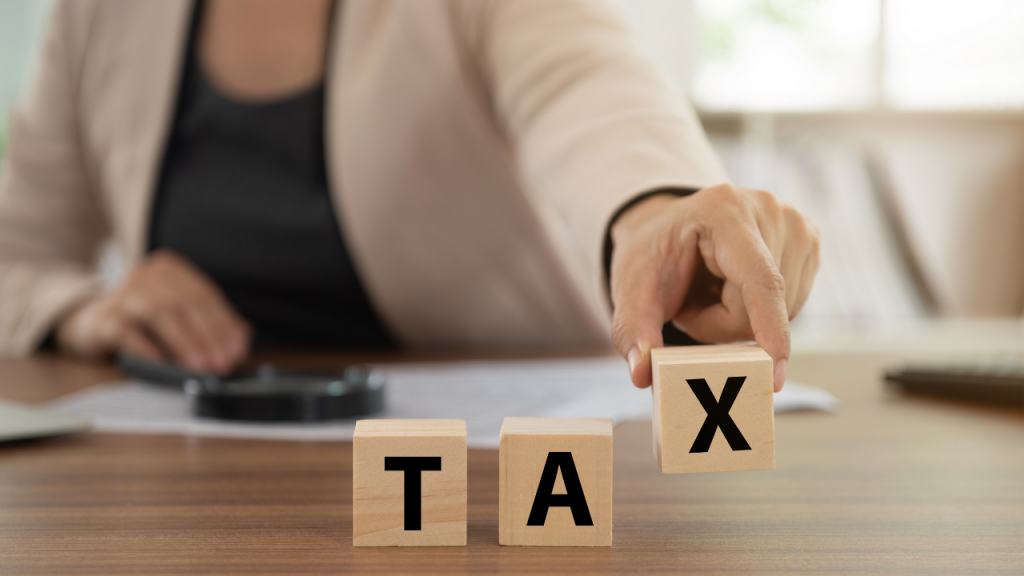With the end of financial year only a month away, it is time to get your tax affairs in order and be aware of what opportunities may be available to maximise your tax deductions for the 2021-22 financial year. In this article, we highlight some of our top tax tips for businesses and individuals to achieve a positive tax outcome this financial year.
Small Business
- Tax Rate – The company tax rate for base rate entities for the 2022 financial year is 25%, down from 26% in the 2021 financial year.
- Bad Debts – If you report income on an accruals basis, review your debtors and clear any bad debts prior to 30 June. To claim a deduction for a bad debt, the debt must genuinely be non-recoverable and previously reported as income.
- Stock – Review your stock on hand (stocktake) and write off any obsolete or worthless stock items. Trading stock for tax purposes can be valued at either Cost, Market Value or Replacement Value.
- Assets – When purchasing assets that are ready for use before 30 June, you can claim an immediate deduction under the Instant Asset Write Off rules for businesses with up to $5 billion turnover. Items are written off once they are ready for use, instead of depreciating it over an effective life or small business pool.
- The Instant Asset Write Off rules continue to apply – allowing an immediate claim for business assets rather than depreciating the asset over its effective life. Ensure assets are delivered and installed ready for use prior to 30 June to take advantage of these rules.
- Single Touch Payroll – STP should be finalised with the ATO by 14 July 2022.
- Taxable Payments Annual Reports – Taxable Payments Annual Reports are due to the ATO by 28 August 2022. If you operate in the building and construction industry, cleaning services, road freight and courier services, information technology sector or security services, you need to report and lodge your subcontractor information by the due date.
Superannuation for SMEs
- June quarter super guarantee must be received by the super fund by 30 June 2022 to claim a tax deduction in the 2022 financial year. Best practice is to ensure super payments are made by 20 June as processing delays may cause them to be received after year-end.
- The compulsory employer superannuation contribution rate will be increasing by 0.5% to 10.5% from 1 July 2022. Any wages not paid to employees prior to 30 June will incur superannuation at the higher rate. Consider paying employees their wages earned up to 30 June prior to year-end, even if it is out of the regular pay cycle.
- From 1 July 2022, the $450 per month threshold for employees will be abolished. This means you’ll need to pay super guarantee contributions to an employee’s super fund regardless of how much they are paid. Special rules apply for employees aged under 18.
Individual Income Tax
Allowable Deductions
- The working from home (WFH) shortcut method continues to apply for the 2022 tax year. Using this method, you can claim 80 cents per hour for each hour you work from home, but you cannot claim any other expenses for working from home, even if you bought new equipment.
- Alternatively, you can use the fixed rate method; 52c an hour, which covers additional running expenses e.g., electricity, cleaning your home office and decline in value of home office furniture.
- When donating to a listed deductible gift recipient, ensure you keep receipts to claim your deduction.
Superannuation
Concessional Contributions
- You can contribute up to $27,500 concessional (tax deductible) contributions for the 2022 financial year. This includes contributions made by your employer. You can top up your superannuation contributions and claim an additional deduction when lodging your personal tax return. You need to ensure a notice of intent to claim has been submitted to your fund prior to claiming a deduction.
- If your total super balance is under $500,000 at the previous 30 June, you can also “catch up” unused concessional contribution caps from prior years for a larger tax deduction this year. Your MyGov will have information regarding your individual limits; you may require financial advice on these amounts.
Non-concessional Contributions
- The non-concessional limit for this year is $110,000, or $330,000 per person using the 3 year “bring forward” rule. Eligibility for this contribution depends on your age and total superannuation balance. Please check with your superannuation provider if you are eligible to make use of these contribution caps. Contributions are only included when they are received by the fund, so ensure payments are made prior to 30 June.
Pension Minimum
- Ensure that any pension minimum payments have been made prior to 30 June so you continue to receive the tax-free pension income in retirement.
As always, if you have any questions, please contact your Arabon accountant for advice so you can take advantage of these top tax tips for businesses and individuals this financial year.






